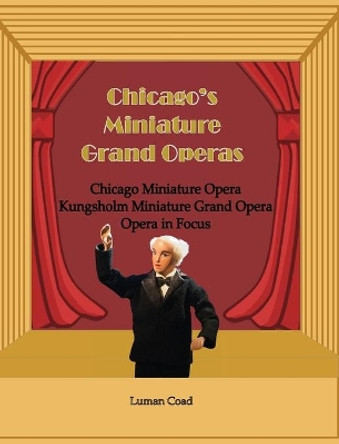Employing a remarkable combination of expertise in music, opera, and psychological insight, Eric Plaut explores the great operas and their composers from the time of the French Revolution to the onset of the First World War. He sees opera as the preeminent medium for expressing human willfulness, its characters driven by emotions of passionate intensity. The great composers of opera were also governed by their feelings and heavily influenced by the life of their time. Weaving together these social, psychological, and historical strains, Dr. Plaut investigates the meaning behind eighteen of the greatest operas, including Tristan and Isolde, Madame Butterfly, Tosca, Die Fledermaus, The Barber of Seville, Aida, Tales of Hoffmann, Fidelio, Lucia di Lammermoor, Carmen, Boris Godounov, Otello, Salome, and Faust. At the same time he looks into the lives of their composers, seeking those experiences and characteristics which help to explain both the opera in question and the composer's larger body of works. The result is an unusually satisfying and perceptive view of grand opera, a book that will be essential for opera lovers and informative and entertaining for general readers.
About the AuthorDr. Eric Plaut is a practicing psychiatrist and professor of psychiatry at Northwestern University Medical School. He has been writing on the psychological aspects of opera since 1986.
ReviewsCompletely absorbing...an eminently readable book that flows. -- Ilana Bar-Levav * Contemporary Psychology *
Extremely timely...Plaut explores the psychological backgrounds of composers with tight precision. -- Jon Anderson * Chicago Tribune *
A fascinating book for anyone who loves opera. -- Ardis Krainik, general director, Lyric Opera of Chicago * The New York Times *
Book InformationISBN 9781566630344
Author Eric A. PlautFormat Hardback
Page Count 333
Imprint Ivan R Dee, IncPublisher Ivan R Dee, Inc
Weight(grams) 658g
Dimensions(mm) 235mm * 164mm * 31mm











